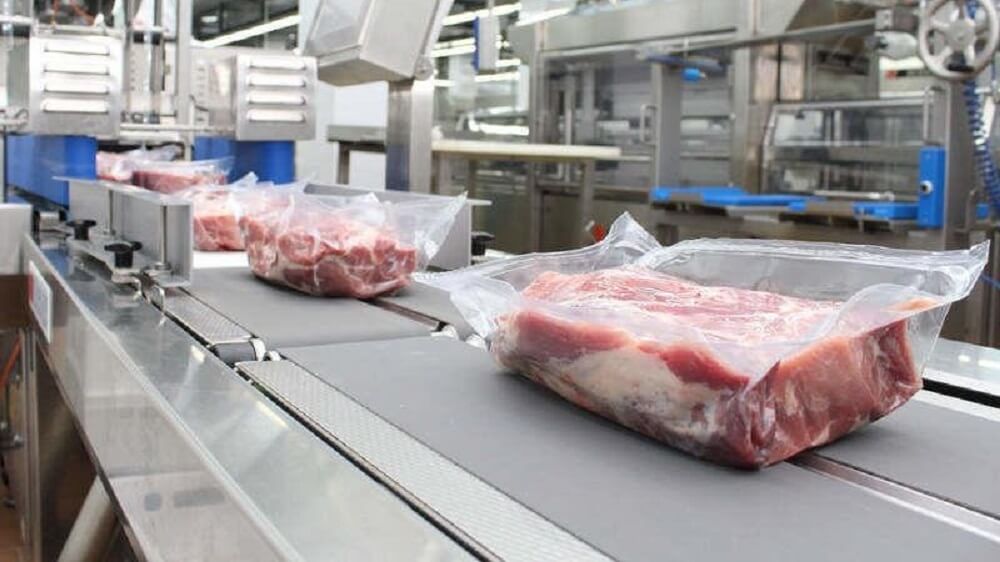Updated 7.7.20 – According to new data, the production of red meat has dropped 18 percent compared to this time last year. The data has been compiled by the National Agricultural Statistics Service (NASS), part of the U.S. Department of Agriculture.
According to NASS, commercial red meat production for the U.S. totaled 3.76 billion pounds in May. This reflects a drop of 18 percent from 4.57 billion pounds in May 2019. Veal was also down 18 percent, while beef production showed a 20 percent drop when compared to 2019. At 1.88 billion pounds, pork production was down 15 percent from the previous year.
However, from January to May 2020, meat production reflected a slight drop compared to previous years. Commercial red meat was down just two percent from 2019, while accumulated beef production was down four percent. The global meat industry has been severely disrupted by the ongoing coronavirus pandemic.
In the U.S., meat sales are projected to drop by more than $20 billion before the end of 2020. Plant closures due to worker sickness and severely disrupted supply chains prevented some farmers from getting their animal products to market. Some farmers have resorted to dumping milk and slaughtering animals early with no profits.

Meat Plant-Closures
According to The Midwest Center for Investigative Reporting, there are at least 26,500 reported confirmed cases of COVID-19 connected to meatpacking facilities. These cases span at least 33 states and 254 different facilities. As of July 2, at least 95 worker deaths have been reported.
Data by Worldometer indicates that there are currently 11,585,135 coronavirus cases worldwide. Experts highlight the inability of slaughterhouse workers to effectively social distance as a key factor in their high infection rates. Employees themselves describe the work as “elbow to elbow.”
In April, President Donald Trump signed an executive order to allow processing plants to stay open. In the week following Trump’s announcement, seven plants closed due to low staffing and a lack of operational safety. Across the U.S., the total number of coronavirus cases has reached 2,983,155.
“We fully understand the seriousness of a plant closure and its economic impact,” said United Food and Commercial Workers president Kim C. Cordova. “However, safety must take precedence over profits.”

Coronavirus and Vegan Meat
With the meat industry disrupted by the ongoing pandemic, many consumers are turning to plant-based alternatives to animal protein. According to retail analytics firm SPINS, vegan food sales increased by 90 percent in the weeks preceding April 19.
In May, the same month in which red meat production fell by 18 percent, tofu sales increased by 32.8 percent. According to Nielsen data, tofu sales were 66.7 percent higher in March than in the previous year. While in the week ending on March 14, vegan meat sales, in general, surged by almost 280 percent.
SPINS CEO Tony Olson believes that meat shortages could be motivating more people to purchase vegan meat.
“Since the beginning of the pandemic, there has been a continued shift in consumer purchasing toward natural and organic products that enhance health and immunity,” he explained in a statement.
“Our data shows the plant-based meat boom of last year continues,” he added. “And, as reports of animal-based meat shortages increase, we can expect plant-based meat to gain even more traction.“
Caroline Bushnell, Associate Director of Corporate Engagement at the Good Food Institute (GFI), told LIVEKINDLY: “Plant-based meat can bolster global protein supplies.”
“Particularly during times like this when the supply chain vulnerabilities of animal agriculture are in stark relief,” she added. “We expect that plant-based will be a lasting trend that will continue to gain power over time, during this crisis and beyond.”


